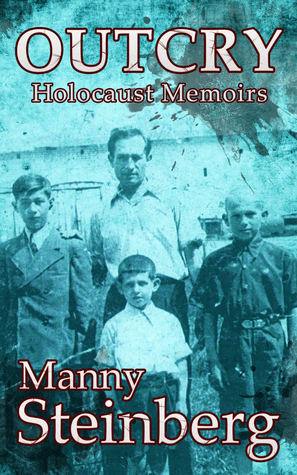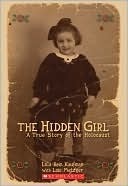
The Boy From Block 66: A WW2 Jewish Holocaust Survival True Story
Book Description
Amid the chilling silence of Block 66, a young boy fights to survive the unimaginable horrors of the Holocaust. Limor Regev’s gripping account illuminates the resilience of the human spirit as a family is torn apart, yet hope flickers in the darkness—each day a battle against despair and oppression. Courageous acts of kindness unfold amid the bleakness, leaving the boy to navigate a world where trust is a luxury and survival is a relentless struggle. As danger closes in, can love and tenacity triumph over a fate designed to snuff them out?
Quick Book Summary
"The Boy From Block 66" by Limor Regev is a poignant nonfiction account of the harrowing journey of Moshe Kessler, a Jewish boy who survived the Holocaust. Torn from his family and forced into the infamous Buchenwald concentration camp, Moshe endures unimaginable hardship, hunger, and terror while living in Block 66, a special barracks for children. Regev's narrative captures both the brutality Moshe faced and the moments of compassion that allowed him to hold onto hope. The story illustrates the resilience and resourcefulness Moshe drew upon to survive, the friendships he forged, and the rare kindnesses that sustained him. Through the darkness, Moshe clings to his humanity and the faint hope of reunion with his family, showing that even in the shadow of genocide, the human spirit can endure.
Summary of Key Ideas
Table of Contents
Survival under Oppression
Moshe Kessler's childhood is abruptly shattered when Nazi forces invade his eastern European home and force his family into a ghetto. His world quickly narrows as food becomes scarce, violence erupts, and loved ones are separated or killed. Describing the painful choices and sudden losses of his early imprisonment, the narrative sets the stage for Moshe’s relentless struggle to stay alive as a Jewish child during the Holocaust.
Childhood in the Holocaust
Transferred to Buchenwald concentration camp, Moshe is placed in Block 66, a section specifically created for children. Managed by prisoners attempting to shield the youngest inmates, Block 66 is both a place of relative protection and deep trauma. Amid daily dehumanization, starvation, and brutality from guards, Moshe learns to rely on quick thinking and caution just to survive each day. Trust is rare, yet vital friendships begin to form among the children, who share scraps of food and whispered stories of better days.
The Role of Solidarity and Kindness
Despite overwhelming oppression, small acts of kindness give Moshe and others fleeting moments of hope. Older inmates and the block supervisor risk their lives to smuggle food and offer words of encouragement, helping children withstand the emotional and physical toll. These brief mercies contrast starkly with the surrounding cruelty, highlighting how solidarity and compassion can blossom even in the harshest conditions.
Loss, Resilience, and Hope
The trauma of separation from family and the constant threat of death test Moshe’s resilience to its limits. He experiences survivor’s guilt, grief, and fear, yet refuses to surrender to despair. Faced with harrowing selections and forced marches, Moshe finds strength to endure by recalling his family and clinging to the promise of liberation. This hope proves vital as the war nears its end and rumors of freedom circulate within the camp.
After liberation, Moshe must come to terms with a changed world and uncertain future. The book concludes with reflections on survival, the enduring scars of the Holocaust, and the challenge of rebuilding life after profound loss. Moshe’s journey stands as a testament to the resilience of the human spirit and the enduring power of hope, memorializing not only his own story but those of countless children who suffered and persevered.
Download This Summary
Get a free PDF of this summary instantly — no email required.





